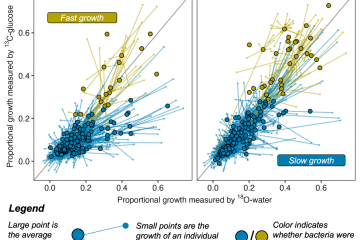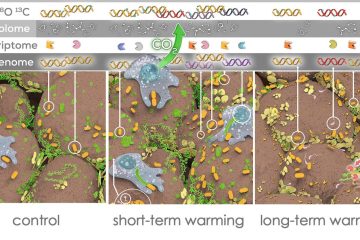Short-term responses of decomposers to flow restoration in Fossil Creek, Arizona, USA
Dam decommissioning projects, although numerous, rarely include complete sets of data before and after restoration for evaluating the ecological consequences of such projects. In this study, we used a before-after control-impact (BACI) design to assess changes in leaf litter decomposition and associated macroinvertebrate and fungal decomposers following dam decommissioning in Fossil Creek, Arizona, USA. Leaf litterbags were deployed in a relatively pristine site above the dam and a highly disturbed site below the dam where over 95% of the flow was previously diverted for hydropower generation. Leaf litter decomposition was significantly slower below the dam both measurement years (pre- and post-restoration) with no site-year interaction, indicating that decomposition in this stream section was not affected by increased flow. In contrast, both macroinvertebrates and fungi differed significantly above and below the dam prior to restoration but were similar post-restoration, supporting the concept that decomposer communities can quickly rebound following reintroduction of full flow. Our results indicate that some aquatic ecosystem variables can return to a more natural state following ecological restoration activities such as water flow restoration.


